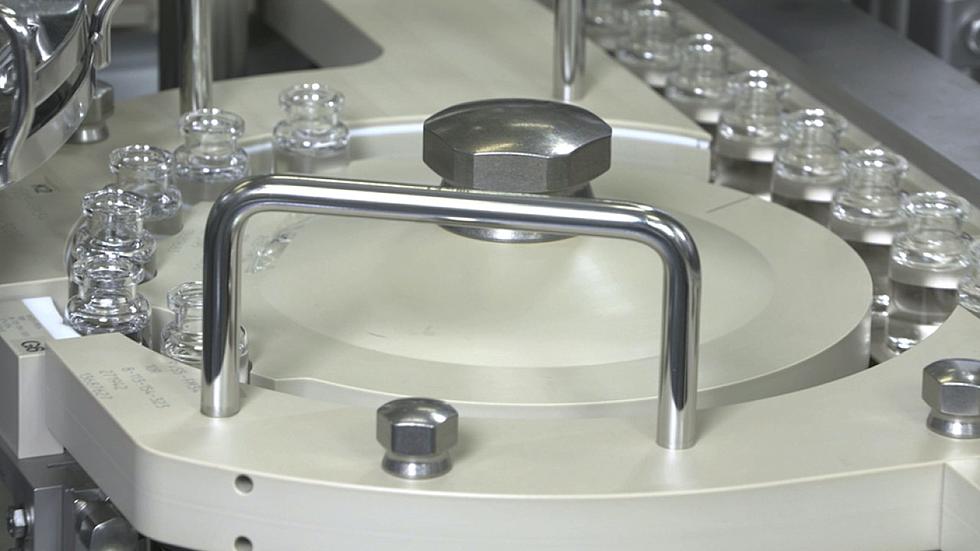
New Hope and Benefit for Alzheimer’s Patients
There is more medical positivity in our world. The FDA on Monday approved an experimental drug that aims to slow the progression of Alzheimer's disease.
Fox17 reported the FDA, yesterday, approved the use of aducanumab in patients in the early stages of Alzheimer's. Drugmakers Biogen and Eisai say the drug doesn't just address symptoms but actually slows the progression timeline of the disease. This breakthrough marks the first time that the FDA has approved a new Alzheimer's drug in nearly 20 years.
NPR reports that the drug is designed to reduce the building up of amyloid plaques that grow in the brains of Alzheimer's patients. While studies have shown that the drug is effective in reducing plaque buildup, it's unclear if reducing that plaque can improve a person's cognitive function.
The news of the new drug has been mixed. According to NPR, drugmakers ended two major studies of aducanumab when preliminary data suggested that the drug wasn't working. However, the companies decided to seek approval when a re-analysis of the data produced a more favorable result.
Ultimately, the FDA was presented with results from two major studies — one which showed the drug worked, another which showed the drug didn't work..
While questions remain regarding the effectiveness of the drug, Alzheimer's patient groups will see the approval as a win.
"We believe strongly that if the FDA approves this treatment, it will be a new day for Alzheimer's," Harry Johns, the president and CEO of the Alzheimer's Association, told NPR. "This is not a cure. This is an incremental benefit, potentially, and that benefit can be very real in changing lives for so many."
KEEP READING: See 25 natural ways to boost your immune system
More From 100.5 FM The River









